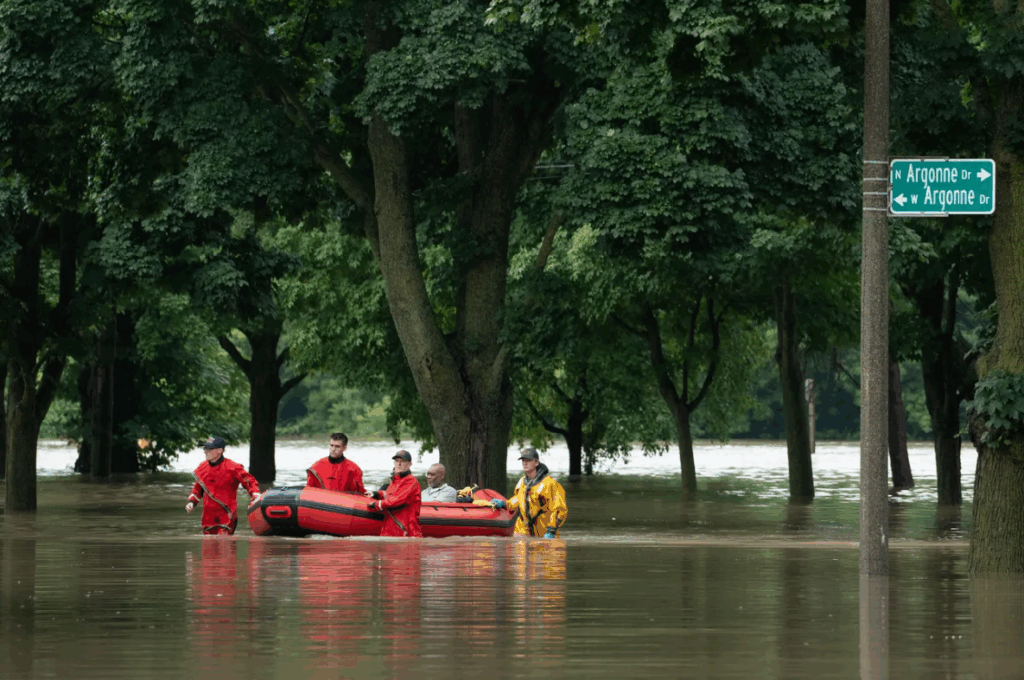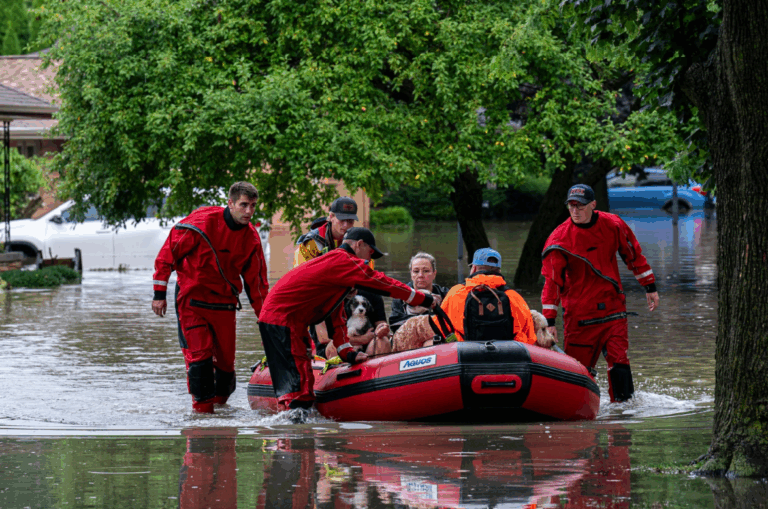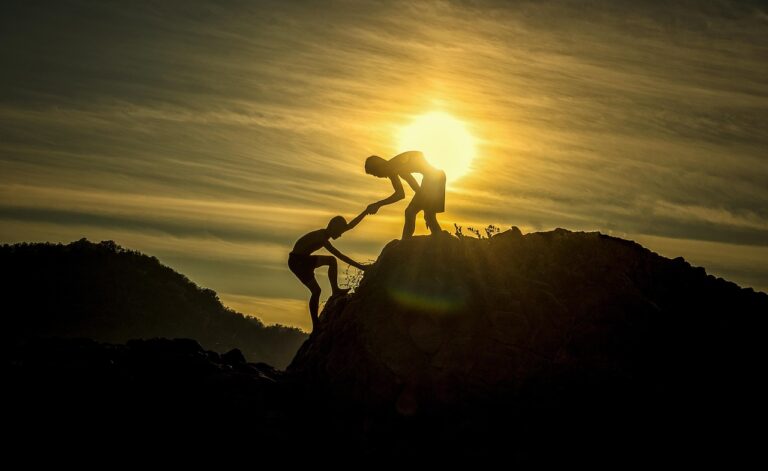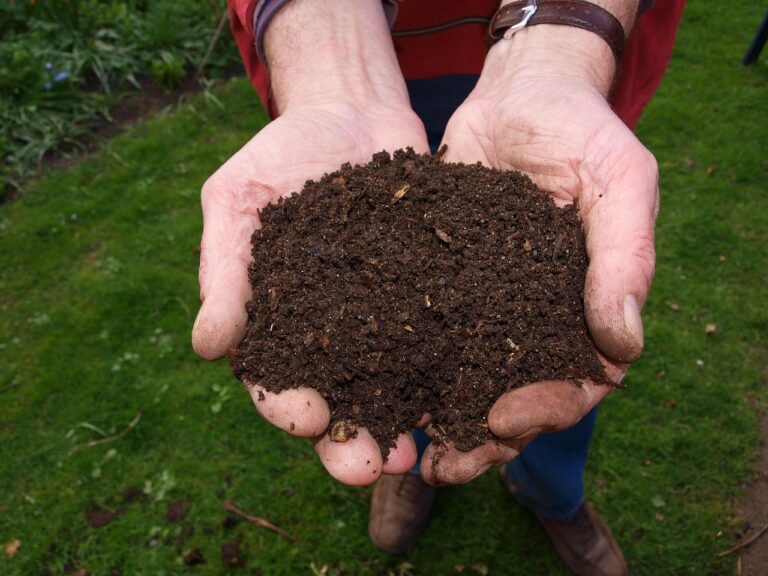On Aug. 9-10, severe flash floods impacted the city of Milwaukee, Wisconsin, and the surrounding area. Over 1,800 homes were flooded in what scientists are calling a historic 1,000-year flood.
Two Covenant staff members in particular were impacted by these floods. Kayla Jacobs, the Youth Mobilization Program Manager at the Covenant, along with Emily Burke, the Covenant’s Social Media Manager, experienced flooding in their homes and in their families’ homes.
“My family’s homes were among those flooded in Milwaukee,” Emily said. “While our losses were not as devastating as what many others experienced, it was a startling reminder of how quickly climate impacts can hit home and how our neighbors with fewer resources are often hit hardest.”

In response to these floods, a group of Wisconsin youth has sued the state utility regulator because of its lack of consideration of climate change in planning, strategy, and management. Indeed, the floods in Wisconsin have highlighted what we at the Covenant have noted time and time again — the most vulnerable, including the poor, marginalized, shelterless, and those who are invisible and on the margins — are often the ones that suffer the most.
Several unhoused individuals living in an encampment along the river system in Milwaukee went missing as a result of the floods. The bodies of two men from the encampment, Juan Carlos Sierra Campos, 48, and Isaias Serna, 72, were found Aug. 10. The Milwaukee Police Department announced that they would not be launching a search for the remaining missing unsheltered people, and official reports claimed that the deaths were not flood-related.
This is clearly not the case. This incident is just one of many emphasizing that the poor and the vulnerable bear the brunt of climate change. Juan and Isaias were people, too. They had families, favorite foods, and favorite sports teams. They had fears, hopes, and dreams — just like we all do. They, like all of us, were created in the image and likeness of God, knit by our Heavenly Father in their mothers’ wombs — and ultimately forgotten by society. Both men met untimely ends because of climate impacts.
While this case is sad, it is, unfortunately, not unique. All over the world, every day, people — often the poor and marginalized, who do not have the resources to relocate or receive adequate aid and assistance — are living with the consequences of climate change: dirty air and water, extreme weather, famine caused by drought. We reiterate our call to care for the vulnerable, to pursue environmental justice, and to care for creation — all of creation.
“Whatever you did for the least of these, you did it for me.” — Matthew 25:40



